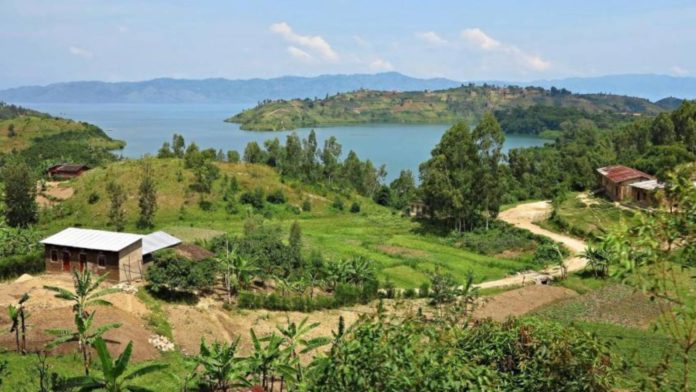While Africa presently remains one of the least democratic continents in the world, the five small African island states with less than 1,5 million inhabitants form a striking exception to this pattern. Mauritius is broadly regarded as one of Africa’s most consolidated democracies, and since their political transitions in the early 1990s Cape Verde and São Tomé and Príncipe are among the most liberal and democratic countries on the continent.
Comoros and Seychelles still grapple with legacies of authoritarian rule and political instability, but recent developments regarding alternation in office and the quality of elections point to a substantial expansion of democratic governance in these archipelagos. And in fact, with the exception of South Africa, most mainland African democracies (like Benin, Botswana, Ghana Namibia, and Senegal) are also relatively small. All these examples indicate that smaller African countries are much more likely to have democratic regimes than large ones. But how can this pattern be explained?
CENTER FOR AFRICAN STUDIES
Center for Africa Studies (AFRAM) which located in Ankara, is an organization facilitating under the administration of African Affairs Council (AFAC). It makes various researches about Africa to enhance economic and cultural bounds between Africa and Turkey. AFRAM’s publishings has been shared with different institutions as they require to obtain.
AFRICA OBSERVATORY
Africa Observatory is one the publishing of AFRAM and it has been published each two weeks. It has been delivered to different institutions via e-mail.






